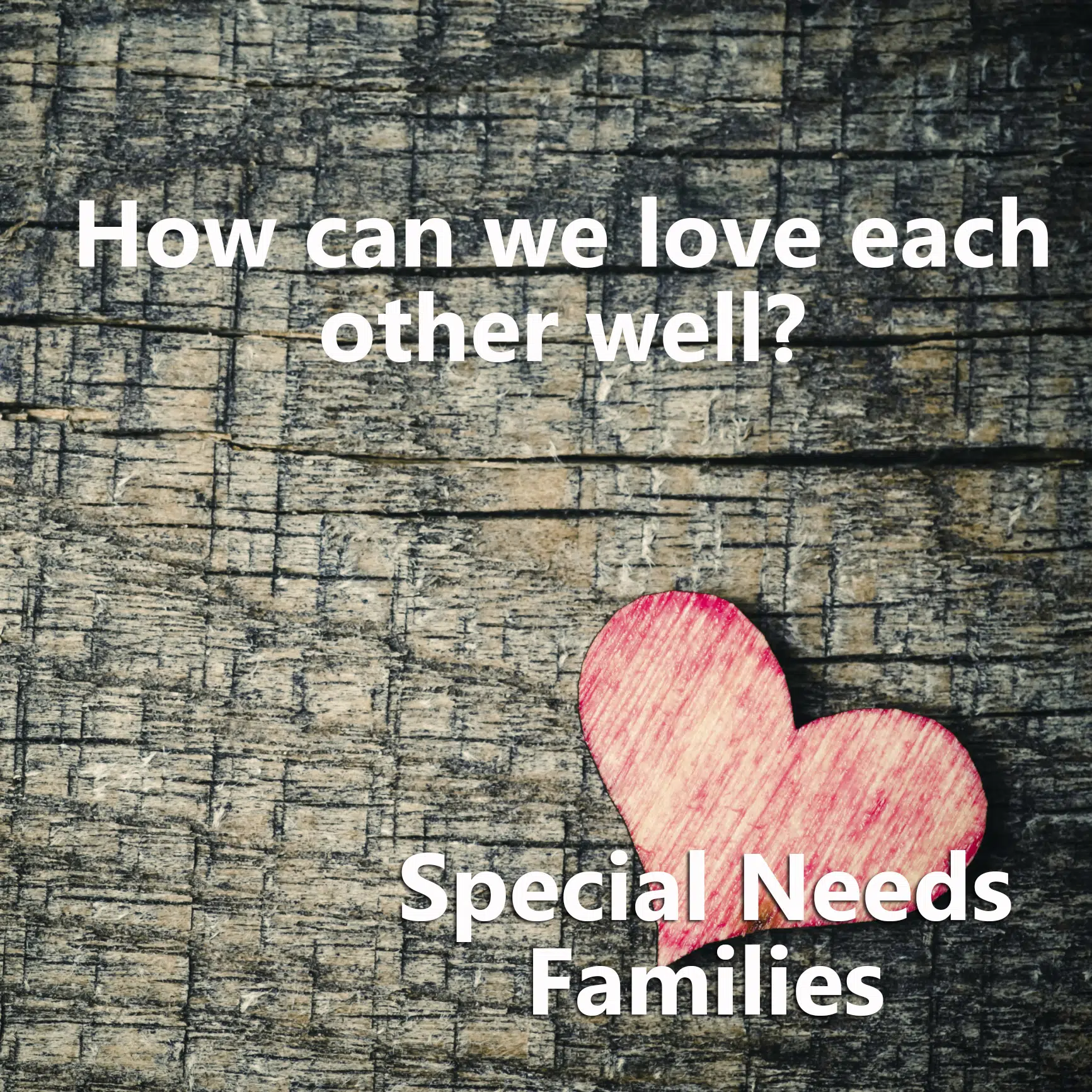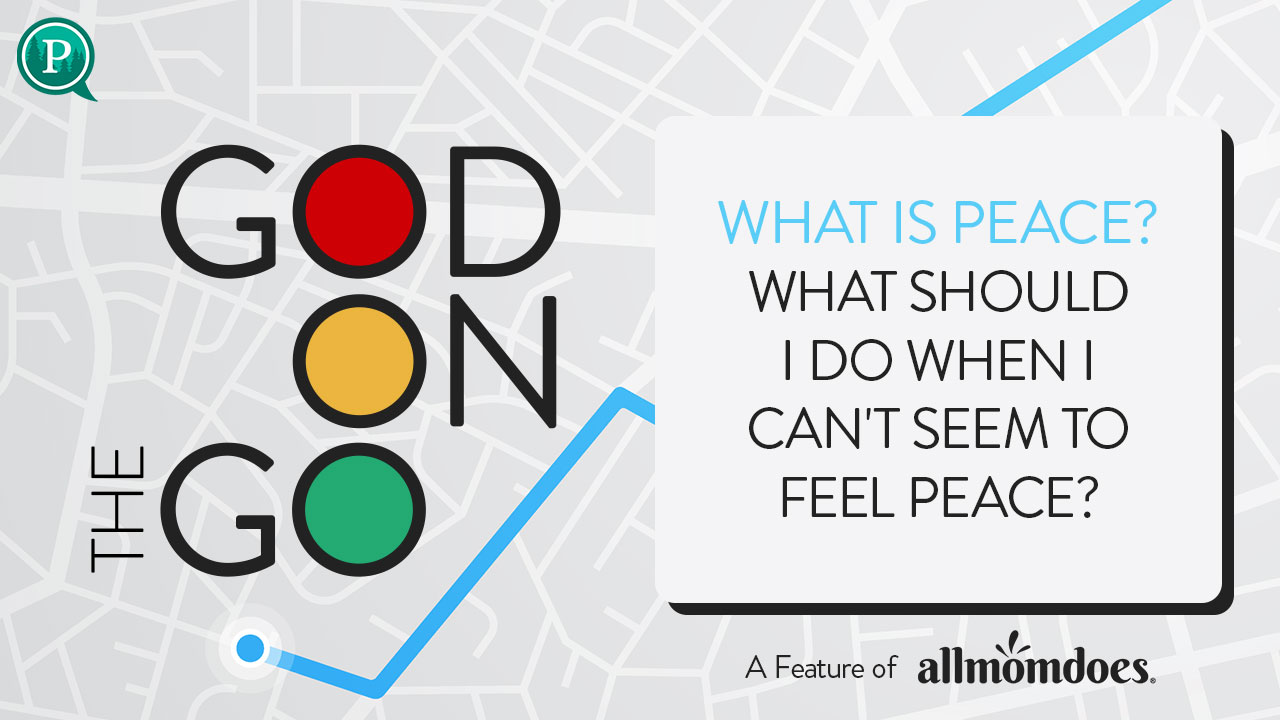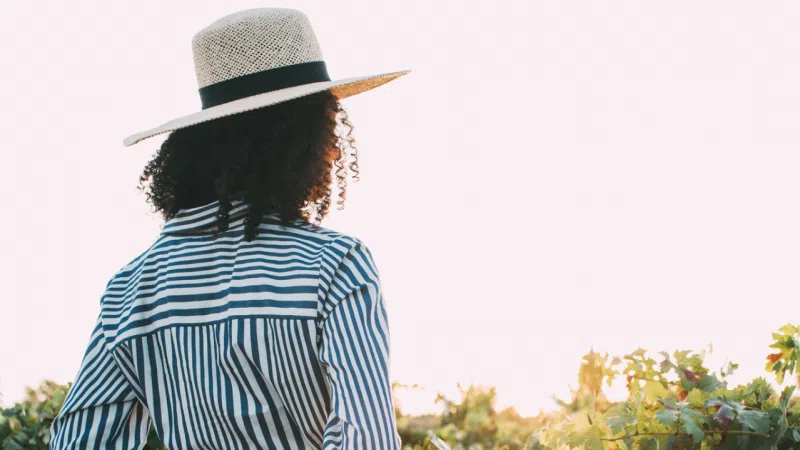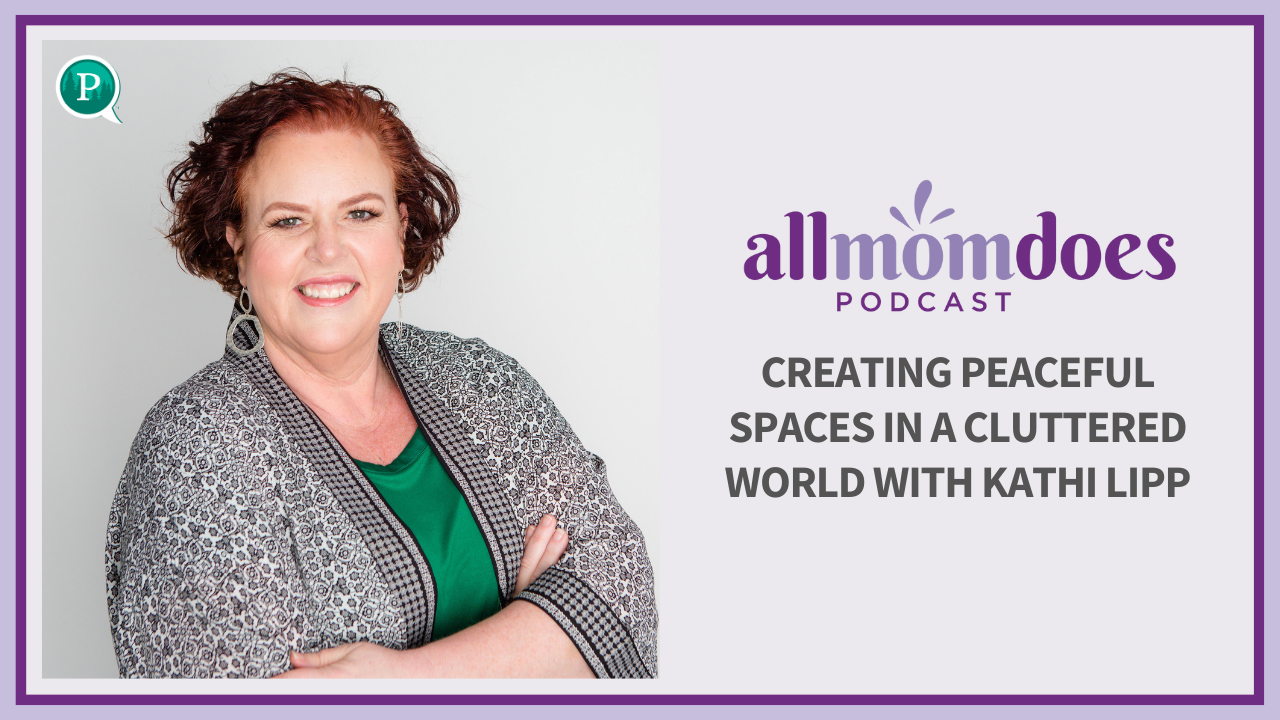As a mom raising four kids—two with medical and mental health special needs—I’ve often felt like a woman off on her own planet. Especially when I’ve found myself in the typical mom places like playgroups, school events, prayer groups, or at church. At first, when my older two with the special needs came to our family as toddlers, there was a sense of camaraderie: all us moms were in over our heads, sleep deprived, wishing we could figure out how to take care of tiny humans and still get a shower and a cup of coffee that was still hot.
Then theirs grew up. And mine. . . well, that’s complicated. They’re taller, bigger now. They are in the throes of puberty and middle school and the mind-stretching season where they suspect the world is about more than just themselves. But where their peers are writing essays, my girls struggle to write a single coherent sentence. Where peers are excelling at sports they’ve been playing since preschool, mine are in therapy appointments for hours a month.
Put me in a room of fellow moms now and hearty “how are you’s” quickly devolve into awkward silences. Or wide-eyed looks paired with “I could never do what you do’s.”
I know these mamas want to connect. I know I want to know them too. The elephant in the middle of our interactions makes it hard to do that sometimes. Maybe you’ve been there? Standing with someone you want to know, love and support, but your worlds just seem so disconnected. How do we love other moms who come to the relationship with such different parenting experiences?
Remember that we’re all people first. Before we’re special needs parents, or single parents, or parents of triplets, or even moms at all. . . each of us us a person. As such, there are some basics we all share in common: the fact that we have hopes, dreams, fears, wins, losses, good days and bad. If it’s hard to find a common topic to talk through, we can open the door to loving other moms well when we start with the basics. We may not get the specifics about their hopes, dreams, wins or losses. . . but we all get what it feels like to live them in our own way. That common ground opens doors wide to love each other well.
We all have strengths and giftings. God doesn’t waste anything in his creation. If we’re alive on this earth, it’s for a purpose—his purpose—and we love each other well when we’re intentional about seeing and celebrating the strengths in each other. Even the quirkiest things about us line up under the truths that we’re “fearfully and wonderfully made” and we each “have different gifts, according to the grace given to each of us” (Psalm 138:14 and Romans 12:6). You know that saying that, to a hammer, everything looks like a nail? To a person intent on seeing the strengths in others, everyone looks like a person chalk full of strengths! The more we recognize them in others, the more people feel the freedom to exercise their strengths, and the more we each feel loved and appreciated for our uniqueness.
You’ll never walk a mile in their moccasins. I remember the day my grandma introduced me to this idea. I was upset with a friend from school who did things so different (read: wrong!) that it was uncomfortable and annoying to me. She said, “you never know what motivates people until you walk a mile in their moccasins!” As a 7-year-old, I didn’t quite grasp that. As a teen and young adult, I tried to keep it in mind and used it to give people the benefit of the doubt. But now? Having spent over a decade raising kids who defy every traditional parenting book and whose services make my schedule into swiss cheese? I realize there’s no walking in other peoples’ moccasins. We’ll just never fully understand the struggles and pressures of others, no matter how empathic we are.
What we can do—how we love others well who come from vastly different experiences—is listen. We can sit with each other, soak each other’s stories into our souls, pray for each other, wrap arm around each other’s weary shoulders. We’ll never fully “get” each other, but that doesn’t need to get in the way of giving love fully.

















